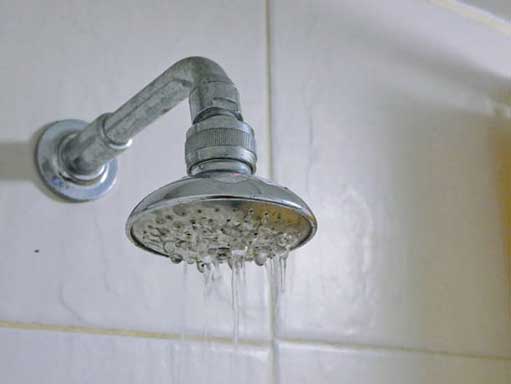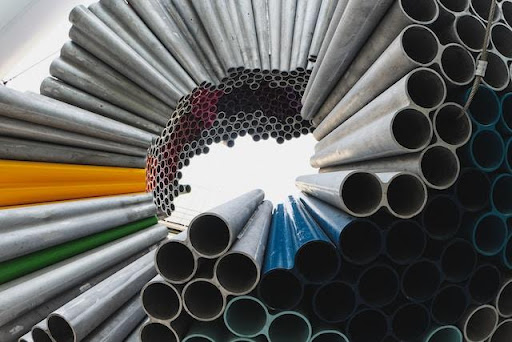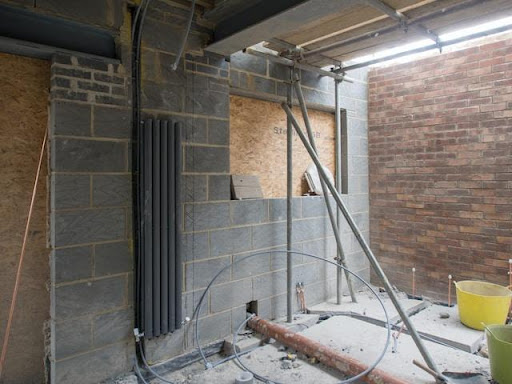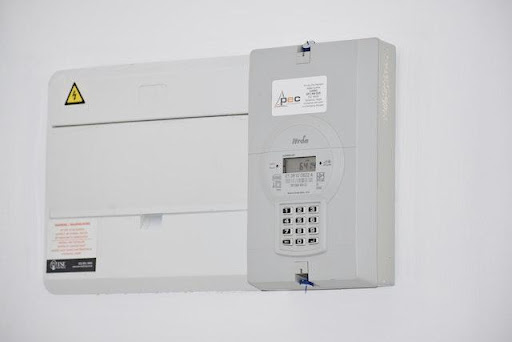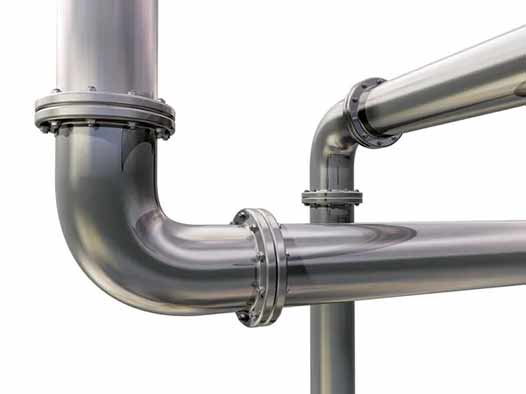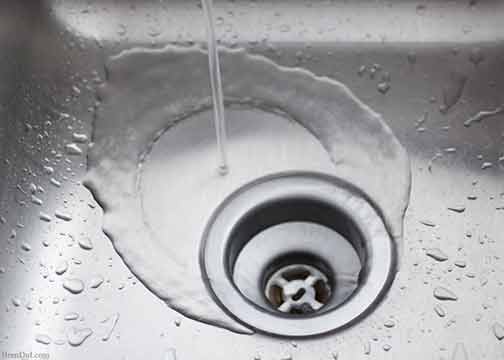The Importance of Water Pressure in Your Home
When it comes to your home’s plumbing system, water pressure plays a crucial role in ensuring the smooth operation of faucets, showers, and appliances. Adequate water pressure allows for efficient cleaning, reliable irrigation, and a satisfying shower experience. However, if you’re experiencing low water pressure in your home, it can be not only frustrating but also a sign of underlying plumbing issues. Here we’ll explore how repiping can transform your home’s water pressure, improving your overall water flow and enhancing your daily activities.
Understanding Water Pressure
Water pressure refers to the force at which water is delivered through your plumbing system. It is typically measured in pounds per square inch (psi) and can vary depending on various factors, including the elevation of your home, the size of the pipes, and the condition of the plumbing infrastructure. In an ideal scenario, water pressure should be consistent and strong enough to meet the demands of your household.
Low water pressure can be caused by a range of issues, such as clogged pipes, leaks, or deterioration of the plumbing system over time. These problems can result in restricted water flow and reduced pressure, making everyday tasks more challenging and time-consuming.
The Signs of Low Water Pressure
It’s essential to be able to identify the signs of low water pressure in your home. Some common indicators include:
- Slow-filling toilets
- Weak or dribbling faucets
- Inadequate water flow in the shower
- Difficulty running multiple water sources simultaneously
If you notice any of these signs, it’s time to consider repiping your home to improve the water pressure and restore the functionality of your plumbing system.
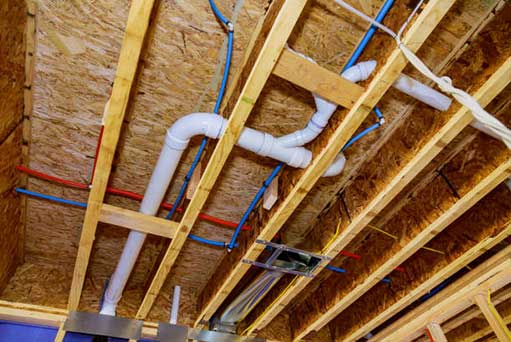
Repiping your home allows you to upgrade to modern materials like copper or PEX, which are not only more resistant to corrosion but also facilitate better water flow and pressure.
How Repiping Enhances Water Pressure
Repiping involves replacing the old or damaged pipes in your home with new, high-quality materials. It’s a comprehensive solution to address low water pressure issues and improve the overall performance of your plumbing system. Let’s take a closer look at how repiping can transform your home’s water pressure:
Eliminating Corrosion and Buildup
Over time, pipes can develop corrosion and mineral buildup, restricting water flow and causing decreased water pressure. By repiping your home, you eliminate these obstructions and allow water to flow freely through the clean, new pipes. This leads to improved water pressure and a more efficient plumbing system.
Upgrading to Modern Materials
Older homes often have outdated plumbing systems with pipes made from materials like galvanized steel or cast iron. These materials are prone to rust, corrosion, and scaling, leading to reduced water pressure. Repiping your home allows you to upgrade to modern materials like copper or PEX, which are not only more resistant to corrosion but also facilitate better water flow and pressure.
Proper Sizing of Pipes
In some cases, low water pressure may be caused by inadequate pipe sizes. If the pipes leading to specific fixtures or areas of your home are too small, they can restrict the water flow and reduce pressure. During the repiping process, a professional plumber can assess the water demand in your home and install appropriately sized pipes to ensure optimal water pressure.
Fixing Hidden Leaks
Low water pressure can also be a result of hidden leaks within the plumbing system. These leaks not only waste water but also decrease the overall pressure in your home. Repiping allows for a thorough inspection of the pipes, and any hidden leaks can be detected and repaired. By fixing these leaks, the water pressure in your home can be significantly improved.
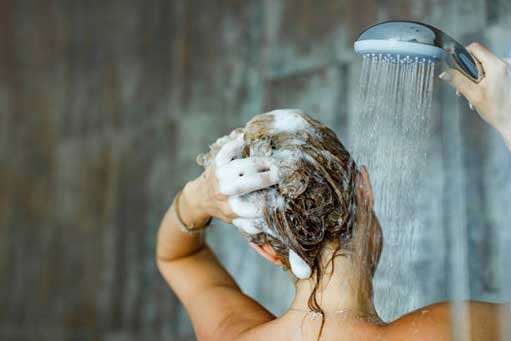
With increased water pressure, you’ll experience better water flow from your faucets, showers, and other water-using appliances.
The Benefits of Improved Water Pressure
Investing in repiping for your home can have numerous benefits beyond just enhancing water pressure:
- Improved Water Flow: With increased water pressure, you’ll experience better water flow from your faucets, showers, and other water-using appliances.
- Enhanced Efficiency: Adequate water pressure ensures that tasks like dishwashing and laundry are completed more efficiently, saving you time and effort.
- Preventing Future Plumbing Issues: Repiping eliminates potential problems caused by aging pipes, such as leaks and bursts, preventing costly repairs in the future.
- Increased Home Value: Upgrading your plumbing system with repiping can increase the value of your home and make it more attractive to potential buyers.
Choosing a Professional Plumbing Service
Repiping is a complex job that requires the expertise of a professional plumber. When selecting a plumbing service for your repiping project, consider the following:
- Experience: Choose a plumbing company with extensive experience in repiping projects to ensure a successful outcome.
- License and Insurance: Verify that the plumbing service is licensed and insured to protect yourself from any liability.
- Reputation: Read reviews and testimonials from previous customers to gauge the reliability and quality of the plumbing service.
- Transparent Pricing: Request a detailed estimate of the repiping project, including the cost of materials and labor, to avoid any surprises.
By choosing a reputable and experienced home repiping plumber, you can feel confident that your repiping project will be completed efficiently and effectively, resulting in improved water pressure and the overall performance of your plumbing system.
Don’t let low water pressure disrupt your daily activities and hinder the functionality of your plumbing system. Consider repiping your home to transform your water pressure and enjoy the benefits of better water flow, increased efficiency, and prevention of future plumbing issues. By investing in repiping and choosing a professional plumbing service, you can ensure a long-lasting and reliable solution for your home’s water pressure needs.
